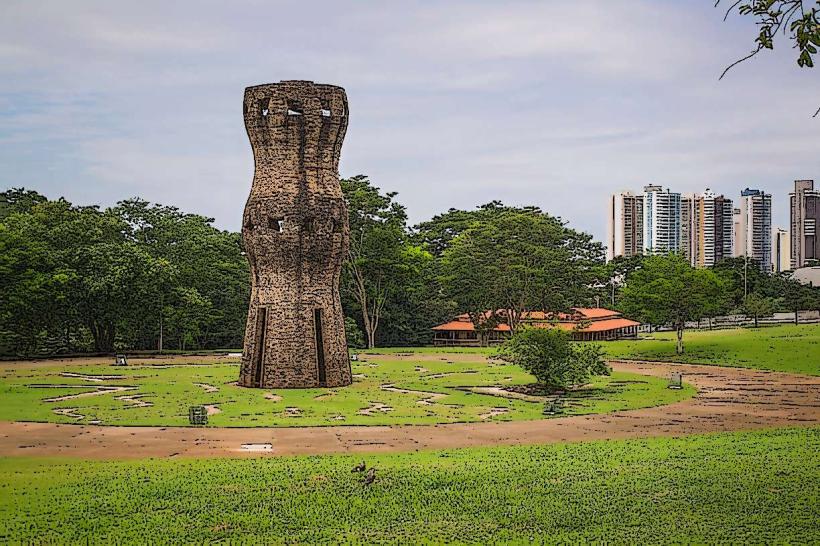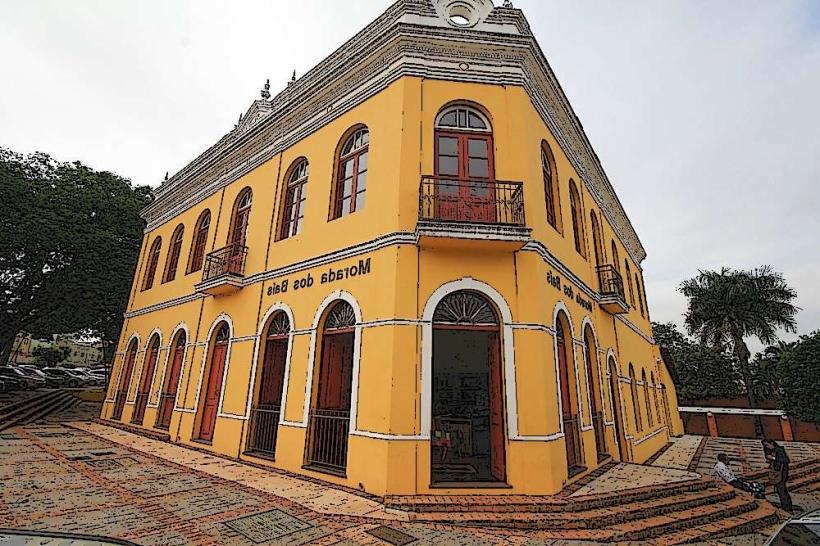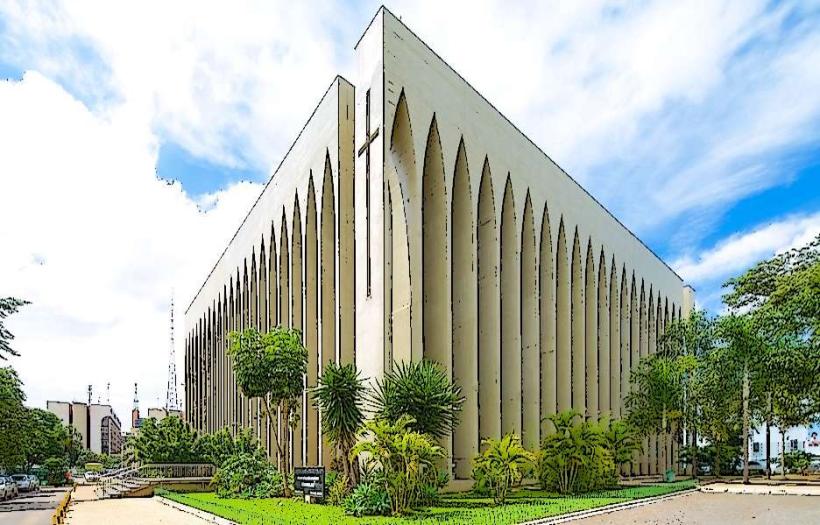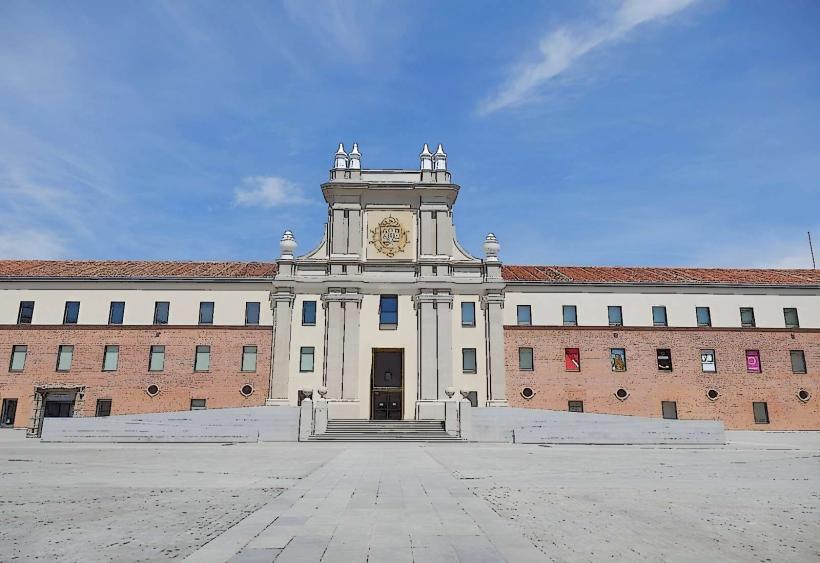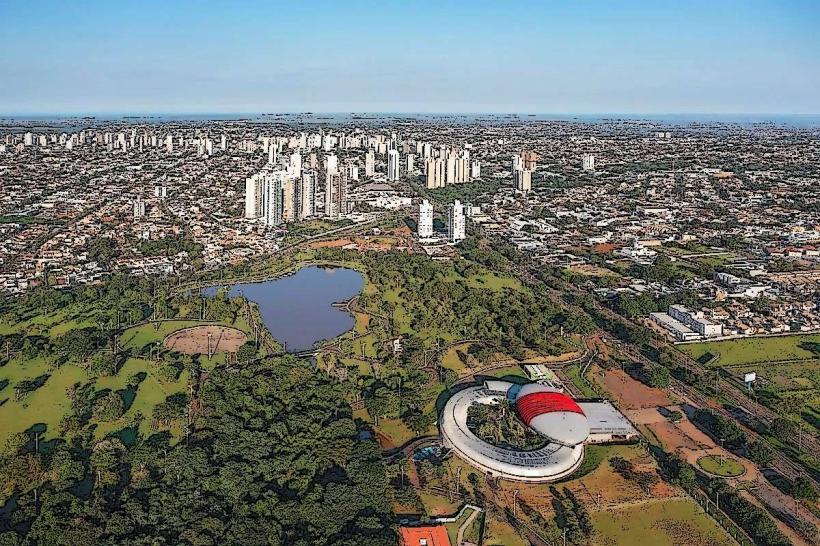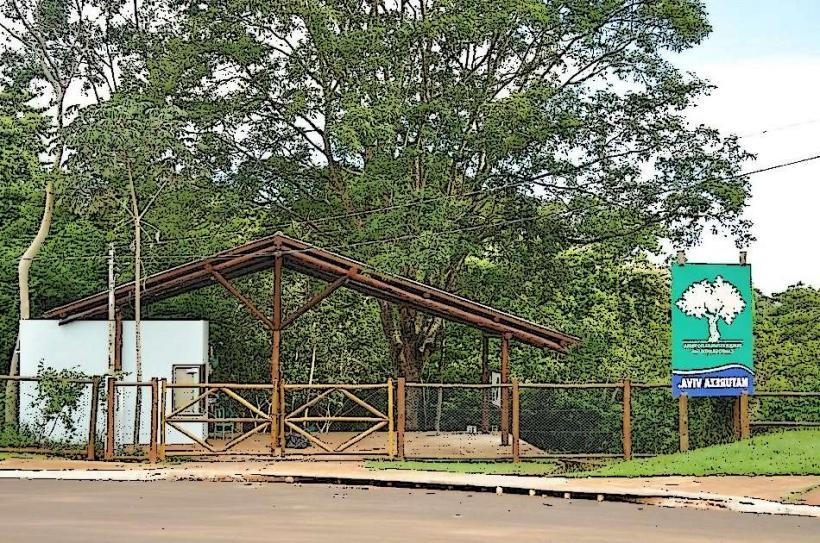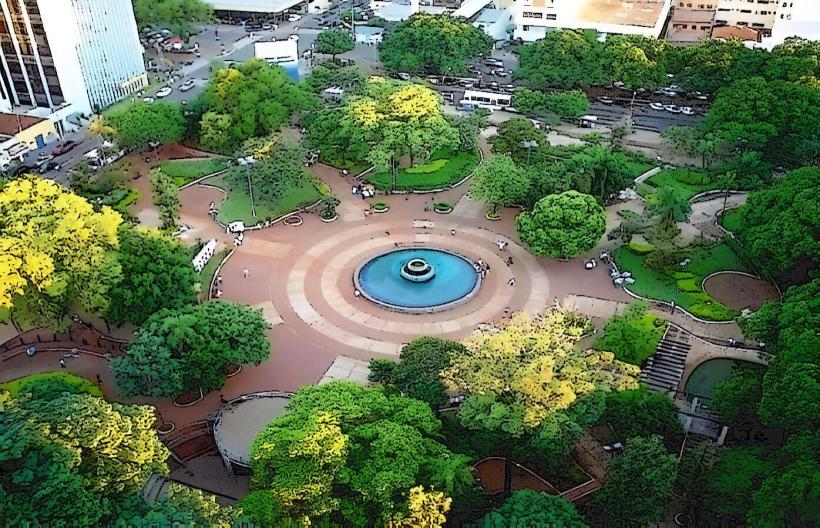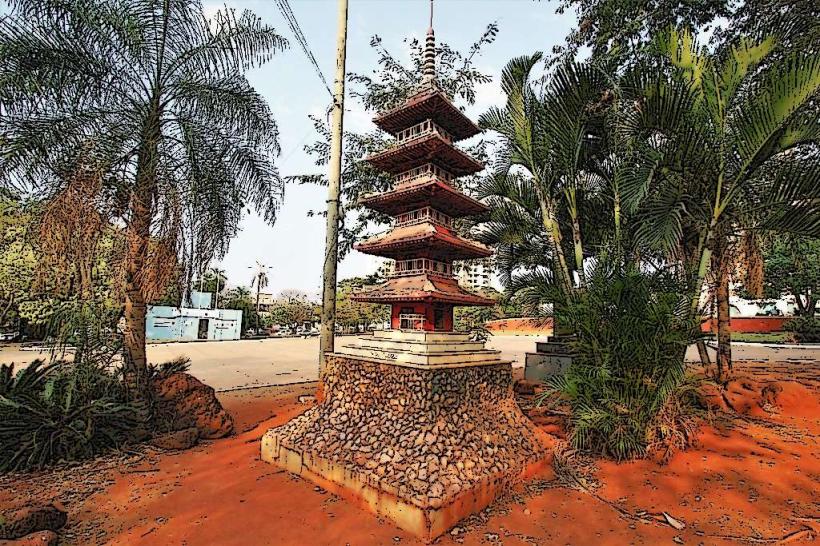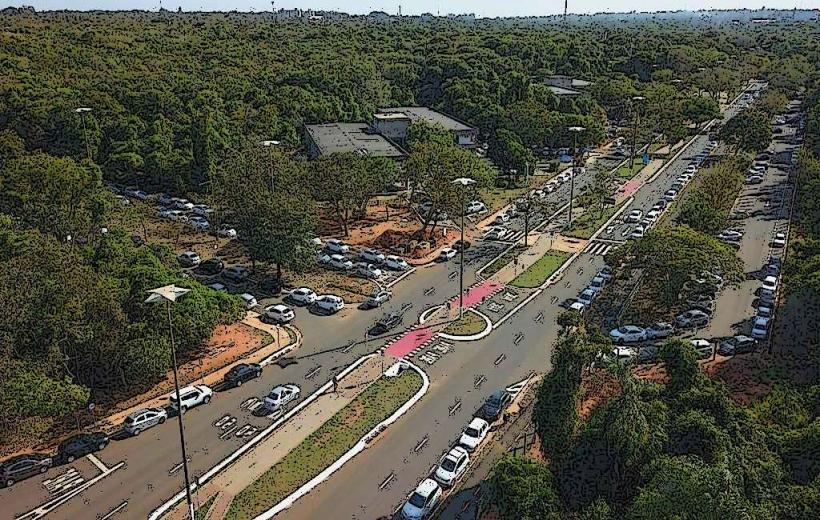Information
Landmark: Universidade Federal de Mato Grosso do Sul (UFMS)City: Campo Grande
Country: Brazil
Continent: South America
Universidade Federal de Mato Grosso do Sul (UFMS), Campo Grande, Brazil, South America
The Universidade Federal de Mato Grosso do Sul (UFMS) is a federal public university located in Campo Grande, Brazil. It serves as a primary educational and research institution for the state of Mato Grosso do Sul.
Visual Characteristics
The main campus of UFMS in Campo Grande comprises a collection of modern, functional buildings constructed primarily from concrete and brick. The structures are generally low-rise, with a maximum of four stories. The color palette is neutral, featuring shades of gray, white, and beige, with accents of the university's blue and white branding. Landscaping includes manicured lawns, paved walkways, and scattered trees providing limited shade.
Location & Access Logistics
UFMS is situated approximately 8 kilometers southwest of Campo Grande's city center. Access is primarily via Avenida Senador Filinto Müller. Public transport is available; bus lines 302 and 312 stop directly at the campus entrance. Limited visitor parking is available in designated lots, with a fee typically required. Bicycle racks are located near major building entrances.
Historical & Ecological Origin
UFMS was established on December 14, 1978, through the merger of three existing institutions: the Faculty of Philosophy, Sciences and Letters of Campo Grande, the Faculty of Law of Campo Grande, and the Faculty of Agronomy of Mato Grosso do Sul. Its purpose was to consolidate higher education and research within the state. The campus is situated on a plateau characteristic of the Cerrado biome, a savanna region.
Key Highlights & Activities
Visitors can access the university library during its operating hours. The campus botanical garden is open for exploration. The university museum, located in the main administrative building, displays exhibits on regional history and biodiversity. Public lectures and academic events are sometimes scheduled and announced on the university's official website.
Infrastructure & Amenities
Restrooms are available in all academic and administrative buildings. Shade is provided by trees in common areas and covered walkways between some buildings. Cell phone signal (4G/5G) is generally strong across the campus. Food vendors and a cafeteria are located in the central student commons area.
Best Time to Visit
For optimal lighting for photography of the campus architecture, the late morning (10:00 AM - 12:00 PM) or late afternoon (3:00 PM - 5:00 PM) is recommended. The dry season, from May to September, offers more consistent weather for outdoor exploration. No specific tide requirements apply.
Facts & Legends
A notable historical oddity is that the university's initial construction faced significant logistical challenges due to its location on the outskirts of a developing city, requiring extensive infrastructure development to support its growth. A local "secret" tip is to check the UFMS cultural events calendar online before visiting, as free public concerts and exhibitions are frequently held.
Nearby Landmarks
- Parque das Nações Indígenas (1.5km Northeast)
- Shopping Campo Grande (2.0km North)
- Museu das Culturas Dom Bosco (2.5km Northeast)
- Estádio Morenão (3.0km North)

